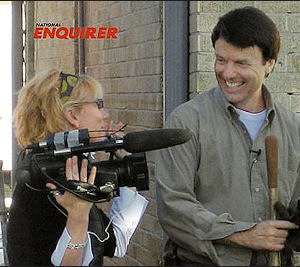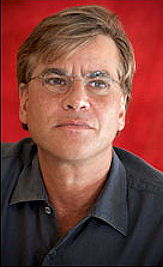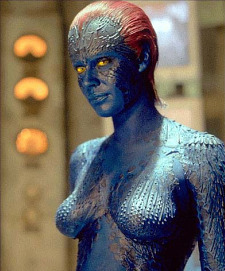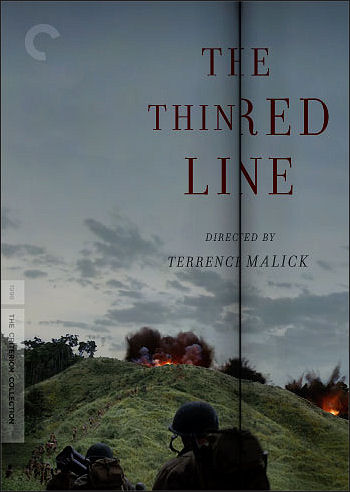A review of Salt by Rolling Stone‘s Peter Travers won’t appear until next week, but it’s quite positive (apart from carpings about credibility). Reviews from Variety, Hollywood Reporter and Indiewire‘s Todd McCarthy will probably hit today, or certainly by tomorrow.
“Starring slinky-sexy-scary Angelina Jolie as a CIA agent accused of going over to the Russians, Salt is primed to keep your pulse racing so your brain will stop thinking, ‘WTF!’ Go with the illogic or you’ll miss the fun. Salt has the action to slam you hard, batter your senses and make a case for Jolie as a superpower with the figurative balls to take on the U.S., Russia and North Korea, and still give crap to pussy critics who don’t like their credulity strained.
“Jolie plays Evelyn Salt, a spy introduced as she’s being released from a North Korean prison after a bout of water torture that would turn strong men to secret-spilling jelly. A guy was almost cast in the role, but Tom Cruise passed, claiming Salt was cut from the pattern of Mission: Impossible.
“Enter Jolie, and something equally advantageous for the movie: timeliness. Sleeper spies are making major headlines, what with the FBI rounding up 10 members of a Russian spy ring suspected of living among us for more than a decade. And who can forget bombshell mole Anna Chapman, a.k.a. Anya Kushchenko, a centerfold-ready redhead working the Manhattan party circuit while passing info to the Russians. The Cold War is back, baby, and Salt is riding the wave.
“Never mind that the screenplay by Kurt Wimmer (Law Abiding Citizen) flies off into fantasies that would shame Jolie’s Lara Croft and Wanted.
Salt benefits from the technical mastery and playful deviltry of Phillip
Noyce, the Aussie director who showed his artful side with Rabbit-Proof Fence and The Quiet American. With Salt, Noyce tears it up with the verve he brought to a duo of Tom Clancy adaptations, 1992’s Patriot Games and 1994’s Clear and Present Danger. Noyce, a skilled architect of action, can stage a stunt with the best of them.
“And Jolie is up for the challenge. She scales buildings barefoot, jumps from bridges onto moving vehicles, and blows up buildings in New York and D.C. Eat your heart out, Matt Damon. Salt is Jason Bourne without amnesia.
“If I’ve been skimpy with plot details, it’s for your sake. This red-hot thriller keeps popping surprises that shouldn’t be spoiled. I will say this: Salt goes on the run when a Russian defector (Daniel Olbrychski) fingers her as a spy. She says she wants to save her scientist husband (August Diehl). Liev Schreiber, as her CIA boss, believes her. Chiwetel Ejiofor, as the agency’s counterintelligence officer, does not. Schreiber and Ejiofor have the acting chops to keep you guessing. But it’s Jolie’s ferocity and feeling that make us stick with Salt as she predicts the coming of Day X, when Russian sleeper spies are meant to rise up and take America by force. A big topic for a piece of popcorn escapism.
“Whether you buy it or not, hang on for the ride. It’s a twister.”






